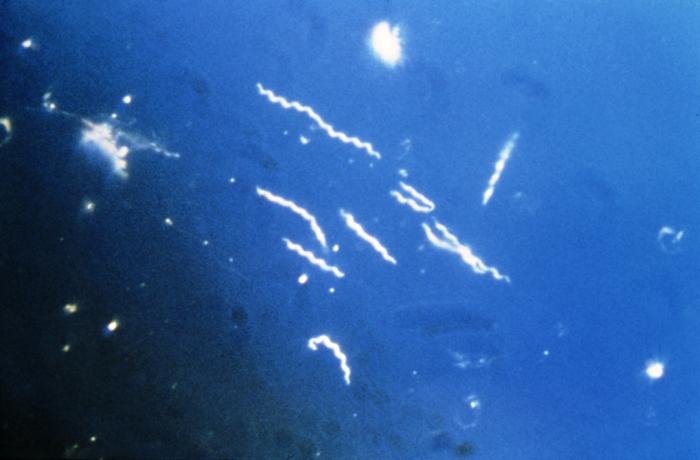NewsDesk @infectiousdiseasenews
Lyme disease cases are becoming more frequent and widespread. Currently, it affects almost half a million people nationwide each year.

Lyme disease is caused by a bacterium, Borelliella burgdorferi, that is transmitted by tick bites. Treatment entails the use of broad-spectrum antibiotics, which have considerable drawbacks. These drugs kill not only B. burgdorferi, but a wide range of other bacteria as well. As a result, they can damage the patient’s gut microbiome and select for resistance in non-target bacteria.
A team of researchers led by Dr. Kim Lewis at Northeastern University wanted to find an antibiotic that would kill B. burgdorferi while leaving other bacterial species alone. The results of their search appeared in Cell on October 14, 2021. NIH’s National Institute of Allergy and Infectious Diseases (NIAID) supported the study.
Subscribe to Outbreak News TV on YouTube
The research team suspected that compounds that selectively kill B. burgdorferi might already exist in nature. Many broad-spectrum antibiotics in use were discovered in soil-dwelling bacteria. The researchers thought these bacteria might also make an antibiotic specific to B. burgdorferi. To find out, they screened extracts from more than 450 soil bacteria. They found one that was potent at killing B. burgdorferi but not another type of bacteria that was used as a control.
Read more at NIH
- Hepatitis E outbreak reported in Chad
- Rift Valley fever outbreak declared in Senegal
- China: Dozens of college students sickened with norovirus in Guangdong Province
- Japan reports Omicron variant in Namibian diplomat
- Queensland reports 75% decrease in Ross River virus cases
- Oklahoma: Novel flu variant reported
- Sweden reports 1st Omicron case in person who returned from South Africa
- Portugal reports 13 Omicron cases among Belenenses SAD players
- Scotland reports 6 Omicron cases in Lanarkshire and Greater Glasgow & Clyde


Will it work against syphilis?
I need Hygromycin A.